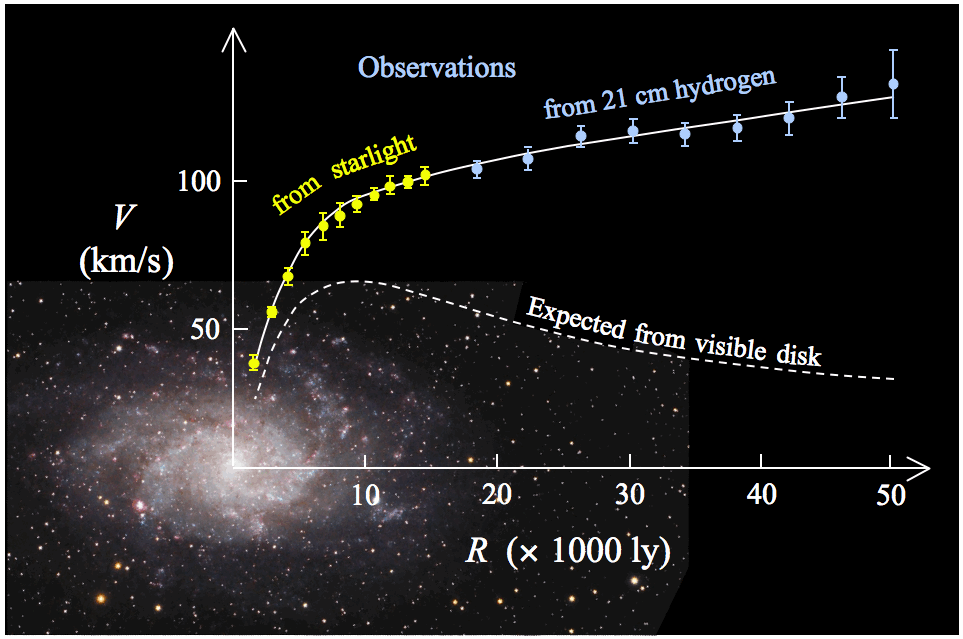The question seems to be based on some misconceptions, so I'll try to clear them up.
Dark matter and dark energy are two completely separate and unrelated concepts. It's unfortunate that many articles trying to entice readers with tales of the unexplored frontiers of astronomy tend to use the phrase "dark matter and dark energy" quite a lot, typically with the buzzwords "mysterious," "unknown," and even "spooky."
Obviously, the best introduction here is to read the Wikipedia articles on dark matter and dark energy. You can also see the dark-matter and dark-energy tags (and the questions that use them) for more information. Physics also has some good questions about these topics.
I'll give you the important points:
Dark matter . . .
Dark energy . . .
- . . . is responsible for the acceleration of the expansion of the universe, though not the expansion of the universe
- . . . can be represented by the cosmological constant
The one thing that the two share? We know very little about them.
In fact, it causes more problems than it solves.
You can come up with many different universes that begin with a Big Bang but don't have an accelerated expansion (not counting inflation, though you don't have to have that in a universe under some circumstances). They don't somehow suffer from any problems that universes with dark energy don't have. In fact, they're better because you don't have to somehow explain dark energy.
Courtesy of Rob Jeffries, here's one tidbit about the one fairly important role of dark energy in the Big Bang:
Our universe is close to flat (see the many papers by the WMAP team), and quite a lot of measurements have confirmed that we're not living on some wacky-shaped universe. The issue is that the measurements indicate that the universe isn't quite flat. Again, see the WMAP data. You can attribute part of the percentage offset from flatness to experimental error, or you can attribute it to the idea that perhaps the universe isn't so flat after all.
Dark energy provides an explanation for this inherent not-quite-flat-ness that characterizes our universe. In those other toy universes (without dark matter), you need to explain this near-flatness some other way. Not in our universe, it seems.
Well, sort of. Coming from someone like me (who is firmly on the "theorist" side of the scientific spectrum), that's quite a whopper. But from a certain point of view, it's completely accurate.
Dark matter is actually a theory. It's an explanation for some screwed-up galactic rotation curves, where some stars near the outer edges of a galaxy move much faster than they should.
So it's actually a theory to explain a phenomenon.
Dark energy, on the other hand, is an experimental phenomenon. We don't have a good theory to explain it. But it's a phenomenon responsible for many different problems. There's quite a lot of evidence that says, "Something odd is going on."
What I mean by all this is that there's a heck of a lot of evidence for them. Our theories of them were created to explain evidence, and not vice versa (evidence gathered to support or refute a theory).
I advise, once again, that you look at the Wikipedia articles on both concepts to start learning more (especially the sections on evidence). Physics and Astronomy have plenty of good information. arXiv has many pre-prints that may be helpful. And there are lots of books, magazines, and (reputable) web sites that can give you even more detailed information.

No comments:
Post a Comment